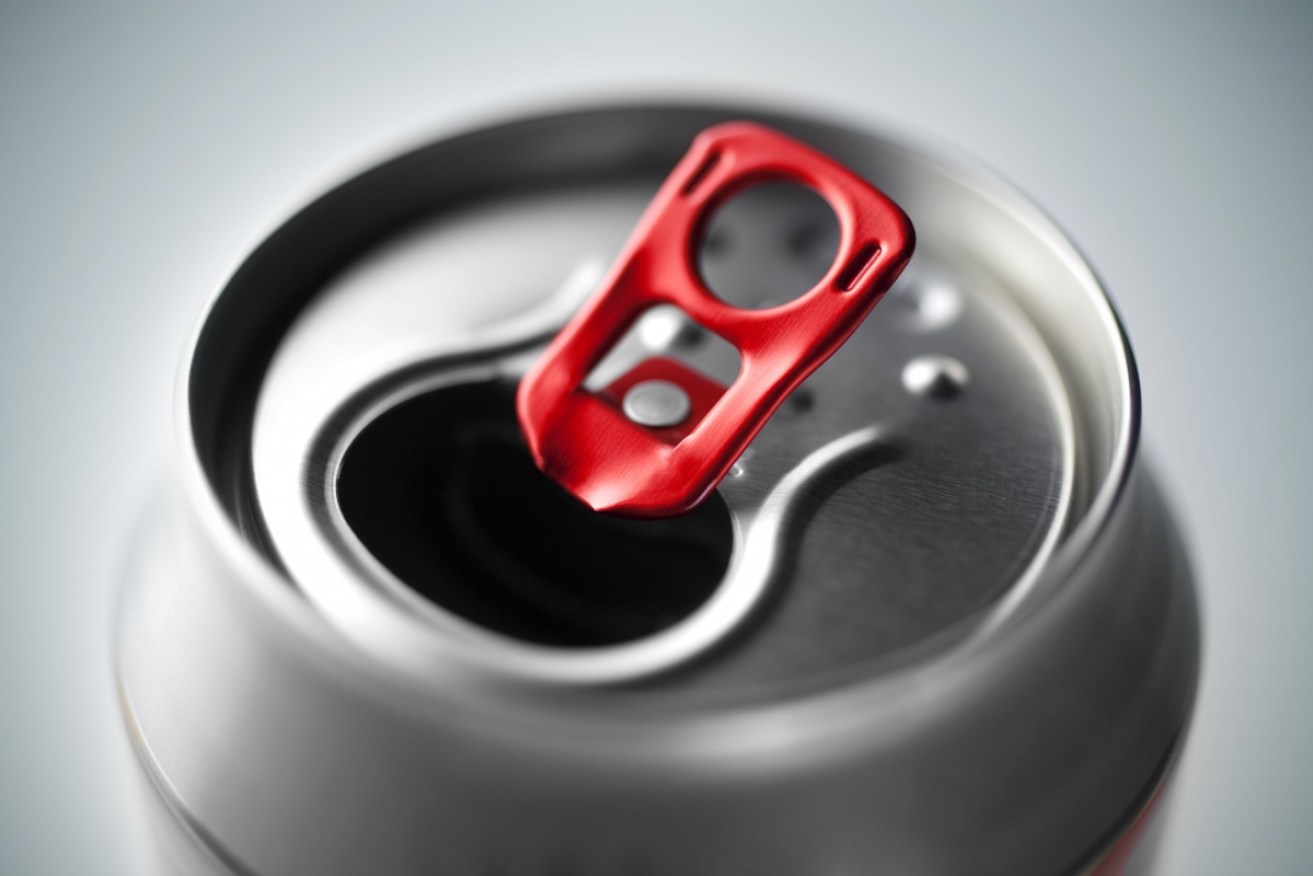Science takes a hard look at soft drinks: Shrunken brains and stroke risk


Put down the can and drink water, at least for now, experts warn. Photo: Getty
Soft drink enthusiasts have received a double kick to the belly from two studies that suggest the sweet life has a sour effect on your health, no matter how you take your carbonated poison.
The researchers from the Boston University School of Medicine suggest it’s time to abandon cola drinks of all persuasion and go back to drinking water.
The researchers used data from the Framingham Heart Study (FHS) and found that people who frequently drink sugary beverages are more likely to have poorer episodic memory, shrunken brain volume, and a significantly smaller hippocampus, part of the brain crucial for learning and memory. These all serve as preclinical markers for Alzheimer’s disease.
This isn’t such a surprise for consumers given the health-robbing qualities of sugar have been getting a frequent airing in recent years. Thank God for artificial sweeteners, right?
Well, maybe not. The researchers found that people who drank at least one artificially-sweetened beverage a day were three times as likely to develop ischemic stroke and 2.9 times as likely to develop Alzheimer’s disease dementia.
“It looks like there is not very much of an upside to having sugary drinks, and substituting the sugar with artificial sweeteners doesn’t seem to help,” said Sudha Seshadri, a professor of neurology and a faculty member at BU’s Alzheimer’s Disease Center, who is senior author on both papers. Her comments were provided in a university statement.
“Maybe good old-fashioned water is something we need to get used to.”
The studies involved 4000 participants over the age of 30 from the FHS. They were examined using Magnetic Resonance Imaging (MRI) and cognitive testing to measure the relationship between beverage intake and brain volumes as well as thinking and memory. The researchers then monitored 2888 participants age 45 and over for the development of a stroke and 1484 participants age 60 and older for dementia for 10 years.
The research findings were published in the American Heart Association’s journal Stroke, and the Alzheimer’s and Dementia the journal of the US-based Alzheimer’s Association.
Because these were population studies, and are thus unable to show an actual causal link between sweet drinks and brain-based catastrophe, the claims – especially those regarding artificial sweeteners – are getting a mixed response from the global health community. The words “controversial” and “intriguing” and “inconclusive” are being heard alongside calls from the Alzheimer’s Association for more research on the matter.
The researchers admitted to study limitations, including the observational nature of the data, the absence of ethnic minorities, and the use of a self-reported questionnaire to obtain dietary intake data, which may be subject to poor memory.
This isn’t to say the findings aren’t being taken seriously in terms of advising consumers. Dr Rachel Johnson, past chair of the American Heart Association’s Nutrition Committee, echoed the Boston University suggestion that people stick to water until more data is available.
“We know that limiting added sugars is an important strategy to support good nutrition and healthy body weights, and until we know more, people should use artificially sweetened drinks cautiously,” she said in a statement.
Lead author Sudha Seshadri concedes the studies have limitations. “These studies are not the be-all and end-all, but it’s strong data and a very strong suggestion.”
Anna Peeters is Professor of Epidemiology and Equity in Public Health at the Global Obesity Centre, Deakin University. Professor Peeters told The New Daily via email that the research “does provide stronger evidence than was previously available that there may be future cognitive health risks associated with artificially sweetened beverages”.
However, she said, “My conclusion from these papers is that we remain uncertain whether artificial sweeteners may increase the risk of dementia. There is enough cause for concern that water should remain the healthy drink of choice. However, artificially sweetened beverages remain a better choice than sugar sweetened beverages in adults at this time.”








